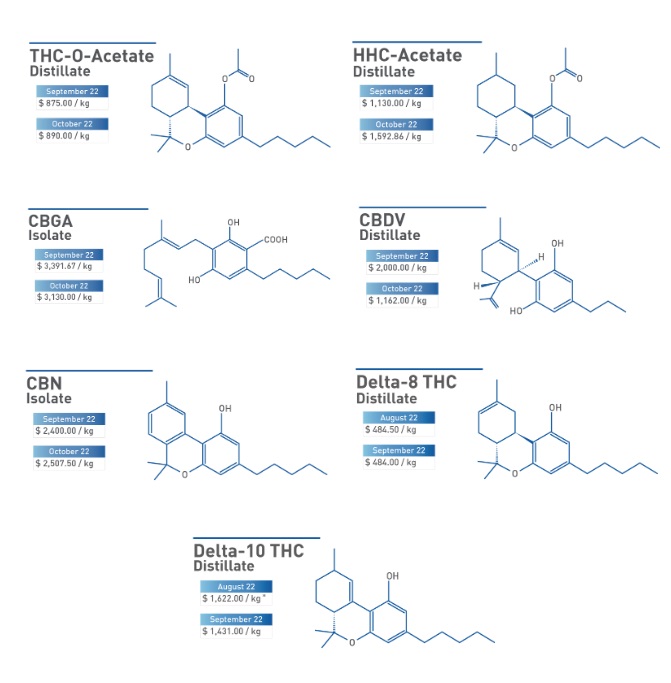According to Merriam-Webster, the term “normal” means “conforming to a type, standard, or regular pattern, characterized by that which is considered usual, typical, or routine.” For example, normal working hours under normal circumstances would just be considered a normal, average day.
So, normal is basically a social expectation based on a statistical majority. Here are a few normal aspects —that I would assume most would agree with— of being in the workforce:
·9-5 working hours or standard business hours.
·Working in an office.
·Standard business trends.
·Essentially, calmness and expected peace in the waves.
Or, as the boomers like to say, “you put your time in for 40 years and work your way up in a company. “
Now, let’s try and figure out normal in relation to Cannabis.
When I think about Cannabis, I truly don’t know what normal is – or what normal is for 8th Revolution.
In my long but short 4.5 years in Cannabis (how can that be short yet feel like longer?) the Farm Bill was a game changer for the space. In my early days, I watched the excitement of the CBD industry literally explode as I sat in on countless project calls where I saw the optimism of farmers and investors who were beyond excited to pivot into the cannabinoid space. The fear of the unknown was practically nonexistent. This was a gold rush, and many started growing acres and acres of CBD. The plan was to scale as big as possible as fast as possible, and sales would take care of themselves. Boy, were they wrong.
I remember my first MJBIZCON in 2018 where everyone was handing out CBD-infused products.
The Farm Bill was early in 8th Revolution’s existence, and a large portion of our business was helping these facilities get up and running. This wasn’t its sole direction, but it was exploding and doing so quickly. Hence, we did what we always do and helped the industry solve problems.
Anyone who has ever started a business understands that it takes time to build traction.
Fast forward a little over 1.5 years, halfway into our business, and we were finally finding our “flow,” or what many like to call “normal.” Then, we experienced a curve ball.
The incoming global pandemic.
This not only changed our business efforts: it disrupted the entire world.
This is what changed in that instant.
Cannabis was deemed essential, and numbers started to wildly increase. The Cannabis industry essentially forever changed again.
The world as we knew it changed completely, and life was no longer as it used to be. Normal was no longer normal, and now, normal became something very different.
This time, the phrase “the new normal” for business meant:
·Remote work.
·Digital tradeshows.
·Explosion of Zoom and Peloton use.
Life is starting to slowly settle down, but not without its own adjustments, yet again, to what now has been perceived as our even newer “normal”:
·Inflation
·Climate issues
·Ukraine-Russia war
·Monkey-pox
·Cannabis businesses are getting re-rated.
·Businesses are starting to push for in-the-office work.
Life is constantly changing ,so really, what is normal?
One of my favorite phrases is ,“a picture is worth 1,000 words,” so here you have what normal is:






